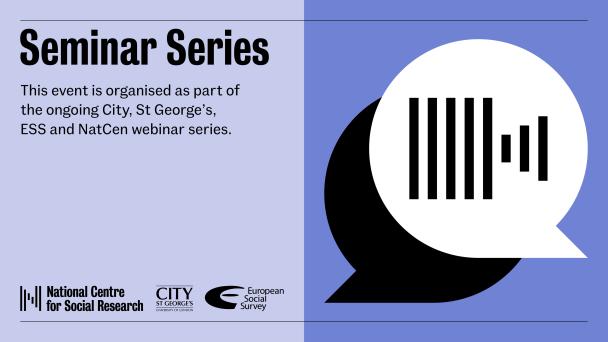A day in the life…working on the Scottish Health Survey


The article was first published in SRA's Research Matters – September 2024 edition, click here to read the article.
Despite the increasing use of administrative records and alternative data sources, government departments and other research commissioners continue to rely on surveys to help them understand the reality of people’s lives, and to develop and improve services to the public. However, there is growing awareness that surveys struggle to reflect the diversity of the population, and more needs to be done to improve the inclusion of the most vulnerable and disadvantaged groups in society. 1 2
One promising practice for improving the inclusiveness of survey data is the use of differential incentives with survey participants incentivised differently based on (a) characteristics that are either available on the sampling frame or collected during fieldwork, or (b) their behaviour (for example reluctance/refusal to take part). This can take different forms: incentives versus no incentives, given to all or only those who co-operate, different values, different types and so on.
The use of differential incentives is common practice in the USA where they have been used and evaluated since the 1990s. Overall, these US studies show that differential incentives are effective at persuading reluctant respondents, decreasing non-response bias, and are cost effective because they are only given to a small sub-sample.
Differential incentives are also being used in the UK, but the evidence base is limited, and its practice remains controversial. There is widespread concern among research ethics committees, survey sponsors and survey providers that giving incentives to some and not others will violate expectations of equity. However, it can also be argued that treating everyone equally does not necessarily achieve equity.
In June 2019, a workshop funded by the Economic and Social Research Council (ESRC) considered the ethics of using differential incentives in survey research. The main conclusion was that differential incentives are not inherently good or bad. Whether their use is acceptable depends on the importance of including hard-to-persuade groups, the reasons why these groups are less likely to take part, and evidence that differential incentives will achieve the desired objective of reducing non-response bias and/or improving inclusiveness.
The workshop report 3 includes eight draft principles to help guide researchers in their decision on whether to use differential incentives:
Given the commitment to produce more inclusive data, now is a good time to revisit the practice, evidence and ethics of using differential incentives in the UK. Under Phase 2 of the UKRI ESRC-funded Survey Futures programme, UCL and NatCen will soon be starting a new project to:


 Report
Report
 Press release
Press release
Receive a regular update, sent directly to your inbox, with a summary of our current events, research, blogs and comment.
Subscribe